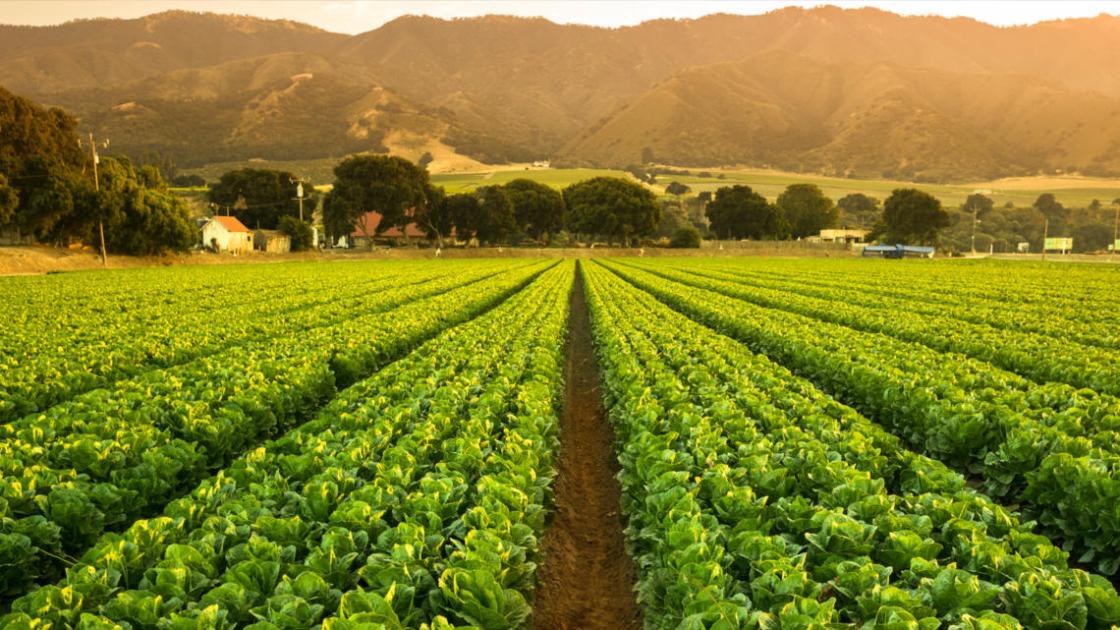What Are the Ethical Considerations of Using Satellite Data in Agriculture?
Satellite data has become an invaluable tool in agriculture, providing farmers with a wealth of information to help them make informed decisions about their crops and operations. However, the use of satellite data also raises a number of ethical concerns that need to be considered.

Ethical Considerations
Privacy Concerns
- Satellite data can collect personal information about farmers, such as their crop yields, planting dates, and irrigation practices.
- This information could be used to target farmers with advertising or to make decisions about their access to credit or insurance.
- It is important to obtain informed consent from farmers before collecting and using their data.
Data Security
- Satellite data is vulnerable to hacking and misuse.
- This could lead to the theft of sensitive information or the manipulation of data to benefit certain individuals or groups.
- Robust security measures need to be put in place to protect satellite data from unauthorized access.
Environmental Impact
- Satellite data can be used to monitor environmental changes, such as deforestation and water pollution.
- This information can be used to develop policies and practices that protect the environment.
- However, it is important to use satellite data responsibly to minimize its environmental impact.
Access And Equity
- Satellite data can be expensive and inaccessible to some farmers, particularly those in developing countries.
- This can lead to a digital divide, where farmers who have access to satellite data are able to reap the benefits of increased productivity and efficiency, while those who do not are left behind.
- Policies need to be put in place to ensure equitable access to satellite data for all farmers.
Balancing Ethical Concerns With Benefits
The ethical concerns associated with the use of satellite data in agriculture need to be balanced against the significant benefits that this technology can provide.
Benefits Of Satellite Data In Agriculture
- Improved crop yields: Satellite data can help farmers to identify areas of their fields that are underperforming and to make adjustments to their management practices to improve yields.
- Reduced environmental impact: Satellite data can help farmers to identify areas where they can reduce their use of pesticides and fertilizers, and to adopt more sustainable farming practices.
- Increased efficiency: Satellite data can help farmers to optimize their irrigation schedules, to identify areas where they can save water and energy, and to make better decisions about when to harvest their crops.
Mitigating Ethical Concerns
- Developing clear guidelines for data collection and use: Governments and industry organizations need to develop clear guidelines for the collection and use of satellite data in agriculture. These guidelines should address issues such as privacy, data security, environmental impact, and access and equity.
- Investing in data security: Governments and industry organizations need to invest in robust data security measures to protect satellite data from unauthorized access.
- Promoting equitable access to satellite data: Governments and industry organizations need to promote equitable access to satellite data for all farmers. This can be done through a variety of means, such as providing subsidies for satellite data services or developing open-source satellite data platforms.
The use of satellite data in agriculture has the potential to revolutionize the way that food is produced. However, it is important to be aware of the ethical concerns associated with this technology and to take steps to mitigate these concerns. By balancing the ethical concerns with the benefits, we can ensure that satellite data is used in a responsible and sustainable way to improve the lives of farmers and consumers around the world.
YesNo

Leave a Reply